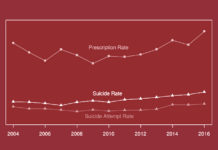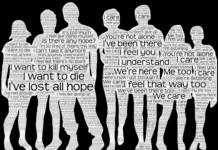Welcome to Spotlight
Throughout the year, Mad in America Editors will choose special topics to focus on and will provide a range of blogs, personal stories, articles and media that discuss the matter at hand. We hope that you find this in-depth, single-issue reporting informative and if you would like to suggest a special topic for us to consider, please email us.




































